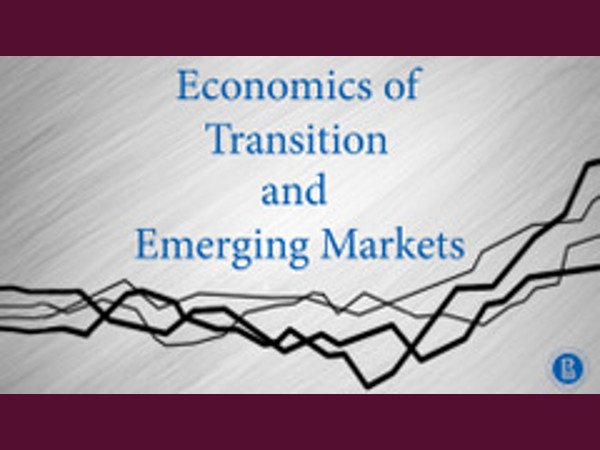
Economics of Transition and Emerging Markets is a free online course conducted by the National Research University - Higher School of Economics (HSE).
About the course
This course concentrates on challenges faced by transition and emerging-market economies, i.e. middle- and low-income countries. It starts from a brief history of communist economic system based on central planning in the former Soviet Union and Central and Eastern Europe, its evolution and collapse at the end of 1980s/ early 1990s and subsequent transition to a market system in 1990s and 2000s. Then it analyses experience of market reforms in China, India, other Asian countries, Middle East and North Africa, Sub-Saharan Africa and Latin America at the same period. Finally, it discusses the problems of contemporary global economy and global and regional economic governance with the special focus given to emerging-market economies and their role.
Hurry! To get 10% off on Online Content Writing Course, click here.
Course Syllabus
Week One: Introduction, origins of a centrally planned economy, its major characteristics, evolution, attempts of its reform and history of its collapse, agenda of market transition in 1990s and its major components such as macroeconomic stabilization, domestic and external liberalization, and privatization (Parts 1-7)
Week Two: Political economy of transition, controversies over a transition strategy, and first results of transition (at the end of 1990s), market and democracy, interrelations between economic and political transition and the role of external actors in transition process (Parts 8-12)
Week Three: The role of EU integration process in transition of countries of Central and Eastern Europe, transition economies in early 2010s, specifics of Chinese transition and its major stages, market reforms in other Asian countries (Vietnam, Laos, Cambodia, Myanmar, Mongolia, India) (Parts 13-17)
Week Four: Market reforms in the Arab world (including the period of Arab Spring), Sub-Saharan Africa, Latin America, summary of emerging-market reforms since 1980s (Parts 18-22)
Week Five: Causes and consequences of emerging market-crises in 1980s and 1990s, impact of the global financial crisis of 2008-2009 on emerging-market economies, the increasing role of emerging-market economies in the global economy (Parts 23-27)
Week Six: Consequences of globalization, changes in international financial institutions, emerging-market economies and global and regional trade systems (Parts 28-32)
Course Sessions
November 24, 2014 - August 2, 2015
For further information, click here.



 Click it and Unblock the Notifications
Click it and Unblock the Notifications



























